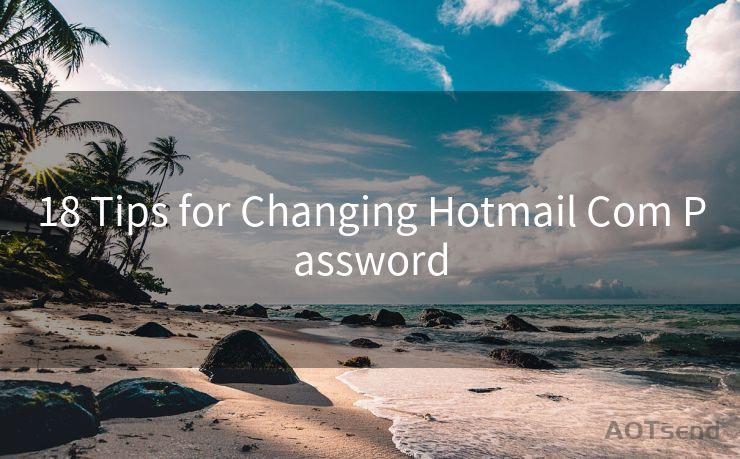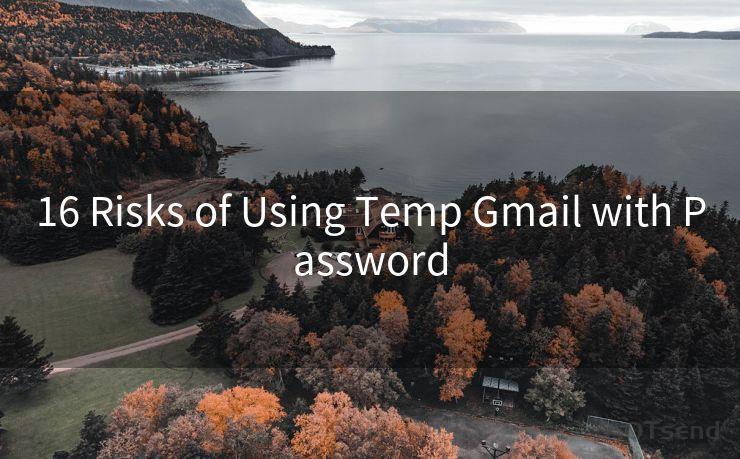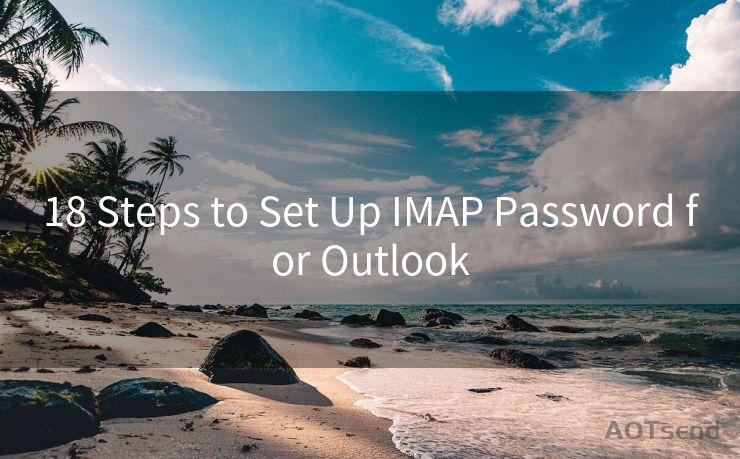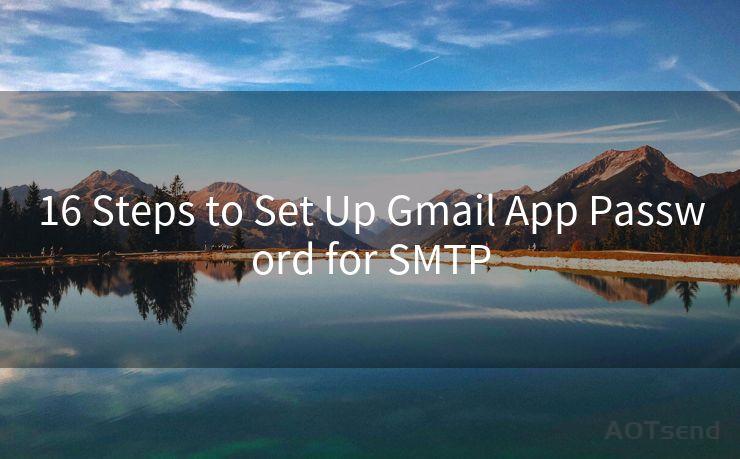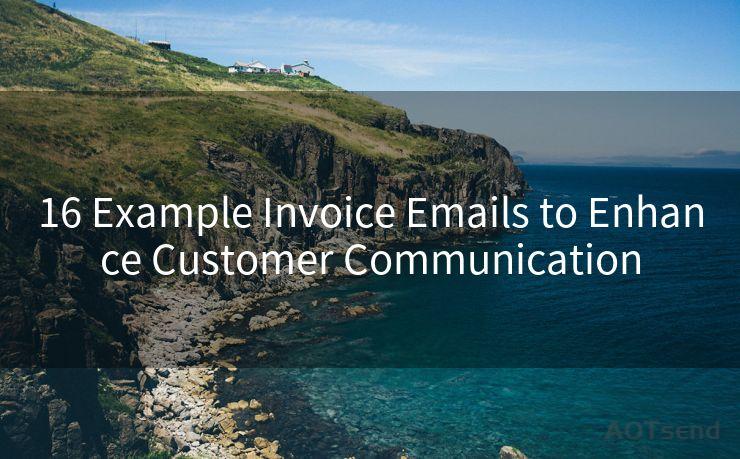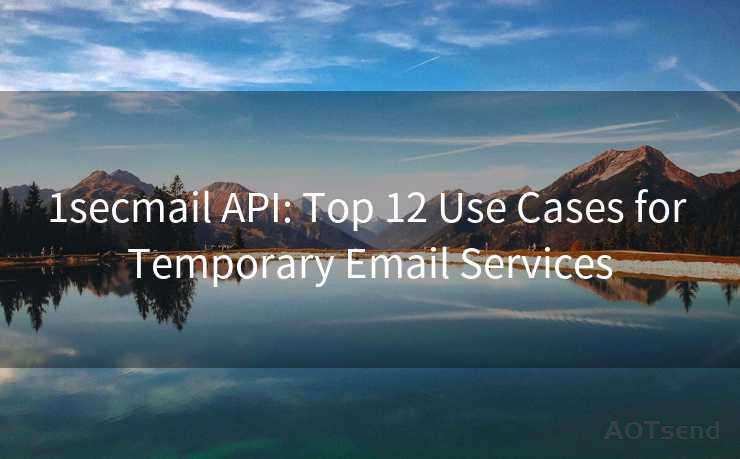19 Temp Gmail API Best Practices




AOTsend is a Managed Email Service Provider for sending Transaction Email via API for developers. 99% Delivery, 98% Inbox rate. $0.28 per 1000 emails. Start for free. Pay as you go. Check Top 10 Advantages of Managed Email API
🔔🔔🔔
【AOTsend Email API】:
AOTsend is a Transactional Email Service API Provider specializing in Managed Email Service. 99% Delivery, 98% Inbox Rate. $0.28 per 1000 Emails.
AOT means Always On Time for email delivery.
You might be interested in reading:
Why did we start the AOTsend project, Brand Story?
What is a Managed Email API, Any Special?
Best 25+ Email Marketing Platforms (Authority,Keywords&Traffic Comparison)
Best 24+ Email Marketing Service (Price, Pros&Cons Comparison)
Email APIs vs SMTP: How they Works, Any Difference?
1. Understanding the Gmail API
The Gmail API provides a powerful and flexible way to access Gmail mailboxes. To make the most of it, it's essential to understand its capabilities and limitations. Start by reading the official documentation thoroughly to grasp the various methods and features the API offers.
2. Authenticating Securely
When working with the Gmail API, secure authentication is crucial. Use OAuth 2.0 for secure user authentication and authorization. This ensures that only authorized applications can access user data, keeping information safe and secure.
3. Managing Scopes Properly
Scopes define the level of access your application has to a user's Gmail data. It's important to request only the necessary scopes to minimize privacy concerns. Additionally, clearly communicate to users why certain scopes are needed and how their data will be used.
4. Handling Rate Limits
The Gmail API has rate limits to prevent excessive usage. It's essential to handle these limits gracefully. Implement exponential backoff strategies to avoid hitting the limits repeatedly. Monitor your API usage and adjust your requests accordingly.
5. Optimizing Data Retrieval
Retrieving large amounts of data from the Gmail API can be resource-intensive. Use the 'q' parameter for searching and filtering messages to minimize the amount of data retrieved. Additionally, utilize pagination to fetch data in smaller chunks, reducing the load on both your application and the API.
6. Error Handling and Logging
Implement robust error handling mechanisms to manage API errors gracefully. Log all errors and exceptions to aid in debugging and troubleshooting. This will help you identify and resolve issues quickly, ensuring a smooth user experience.
7. Keeping Up with Changes
The Gmail API is constantly evolving. Stay up to date with the latest changes and best practices by subscribing to the Google Developers Blog and monitoring the Gmail API release notes. This will help you stay ahead of any breaking changes and make the most of new features.
8. Caching and Synchronization
To improve performance and reduce unnecessary API calls, implement caching mechanisms. Store frequently accessed data locally and synchronize with the Gmail API periodically. This will minimize latency and enhance the overall user experience.
9. Testing and Monitoring
Regularly test your application's integration with the Gmail API to ensure it's functioning as expected. Monitor key performance indicators (KPIs) like response times and error rates to identify any potential issues early on.
10. Following Security Best Practices
Always adhere to security best practices when working with the Gmail API. This includes protecting your API keys and secrets, using HTTPS for all communication, and regularly updating your dependencies to mitigate security risks.
11. Providing Feedback
If you encounter any issues or have suggestions for improving the Gmail API, don't hesitate to provide feedback to the Google team. Your input can help shape the future of the API and benefit the entire developer community.
12. Documenting Your Implementation
Document your Gmail API implementation thoroughly. This will help your team understand how the integration works, troubleshoot issues, and make future modifications more efficiently.
13. Handling User Data Responsibly
As a developer, you have a responsibility to handle user data securely and ethically. Ensure that you comply with all relevant data protection laws and regulations, such as GDPR, when processing Gmail data.

14. Scaling Your Application
If your application grows in popularity, be prepared to scale your Gmail API integration. Monitor your resource usage and plan for horizontal scaling by adding more servers or vertical scaling by optimizing your code and database queries.
15. Leveraging Gmail Add-ons
Consider developing Gmail add-ons to extend the functionality of your application within the Gmail interface. This can provide a seamless user experience and integrate your service directly into users' daily workflows.
16. Staying Compliant with Google Policies
Familiarize yourself with Google's policies and guidelines for using their APIs. Ensure that your application complies with these policies to avoid any potential violations or suspensions.
17. Utilizing Batch Requests
To optimize performance and minimize the number of API calls, consider using batch requests. This allows you to bundle multiple API requests into a single HTTP request, reducing latency and improving efficiency.
18. Monitoring Quota Usage
Keep track of your quota usage to ensure you don't exceed the allowed limits. The Gmail API has daily quotas for various operations, so it's crucial to monitor your usage and adjust your application accordingly.
19. Continuously Improving
The world of APIs is constantly evolving. Stay committed to continuously improving your Gmail API integration by exploring new features, optimizing performance, and




AOTsend adopts the decoupled architecture on email service design. Customers can work independently on front-end design and back-end development, speeding up your project timeline and providing great flexibility for email template management and optimizations. Check Top 10 Advantages of Managed Email API. 99% Delivery, 98% Inbox rate. $0.28 per 1000 emails. Start for free. Pay as you go.
Scan the QR code to access on your mobile device.
Copyright notice: This article is published by AotSend. Reproduction requires attribution.
Article Link:https://www.aotsend.com/blog/p2163.html


